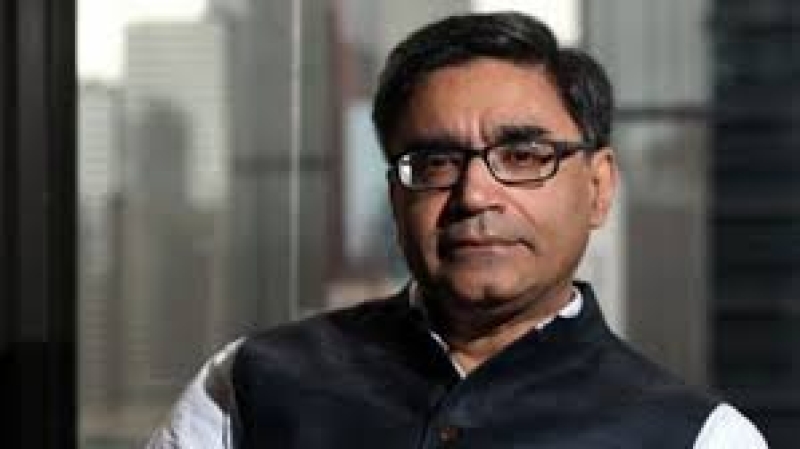- Lab Tests Find 67% Adulteration in Branded Milk Powder |
- DNCC Sets New House Rent Rules, Eases Burden for Tenants |
- RAB Officer Killed, Three Injured in Sitakunda Attack |
- Bangladesh Plans Padma Barrage, First Phase at Tk34,608cr |
- US Expands Trump’s Gaza Peace Board, Invites More States |
Misri Tells Indian MPs No Review of Bilateral Deals Discussed
During Bangladesh visit

Indian Foreign Secretary Vikram Misri
Indian Foreign Secretary Vikram Misri informed the country's parliamentary standing committee on external affairs on December 11 that the issue of reviewing bilateral agreements with Bangladesh was not raised during his recent visit. Misri briefed the committee following his meeting with Bangladesh’s Chief Adviser Muhammad Yunus, according to sources.
During the meeting, Misri confirmed that Bangladesh had assured actions against those responsible for violence against minorities. "The Foreign Secretary, fresh from his trip, provided a comprehensive briefing on all important matters raised by MPs," said Shashi Tharoor, Chairperson of the committee, and senior Congress MP, in a statement after the meeting.
Tharoor noted that around 21-22 MPs attended the session, and several questions were posed to Misri, including inquiries about the status of former Bangladesh Prime Minister Sheikh Hasina's stay in India. However, the Foreign Secretary's response to these specific questions was not immediately available.
Additionally, Tharoor asked about the possibility of MPs visiting Bangladesh, and discussions also touched on the potential for a visit to Bhutan.
This was the first foreign secretary-level meeting between India and Bangladesh since the fall of Sheikh Hasina's government in August following widespread protests. Misri reiterated India’s commitment to working with Bangladesh's interim government, emphasizing a people-centered approach to the bilateral relationship. He said, "We continue to view this relationship as one that benefits all people and remains central to our future goals."

